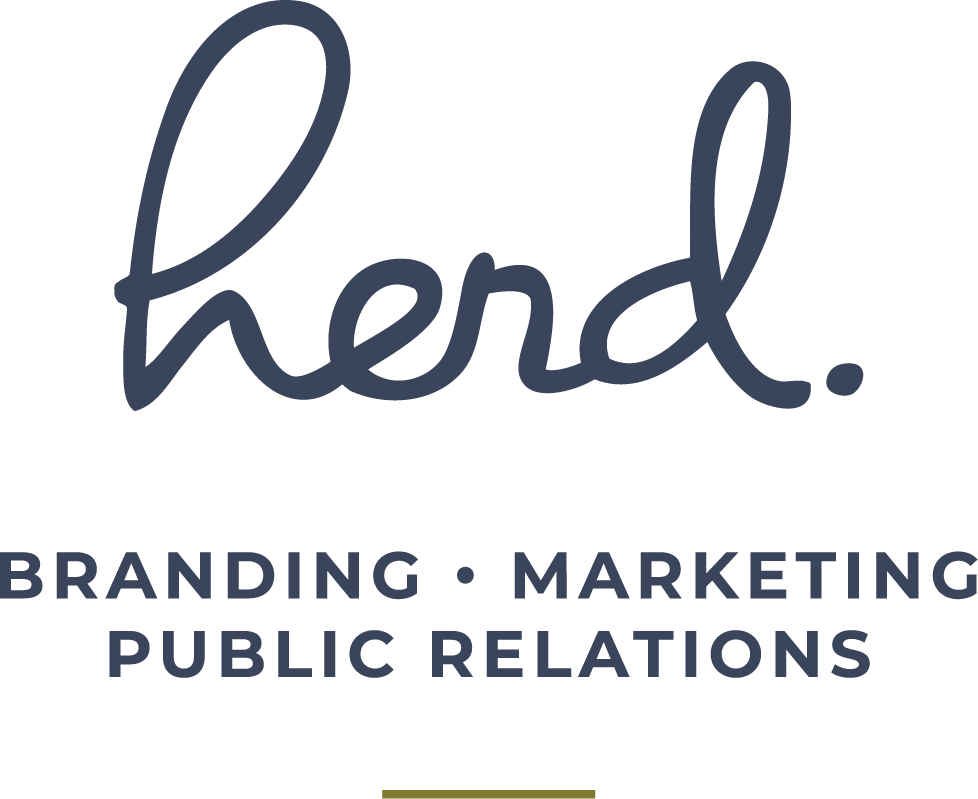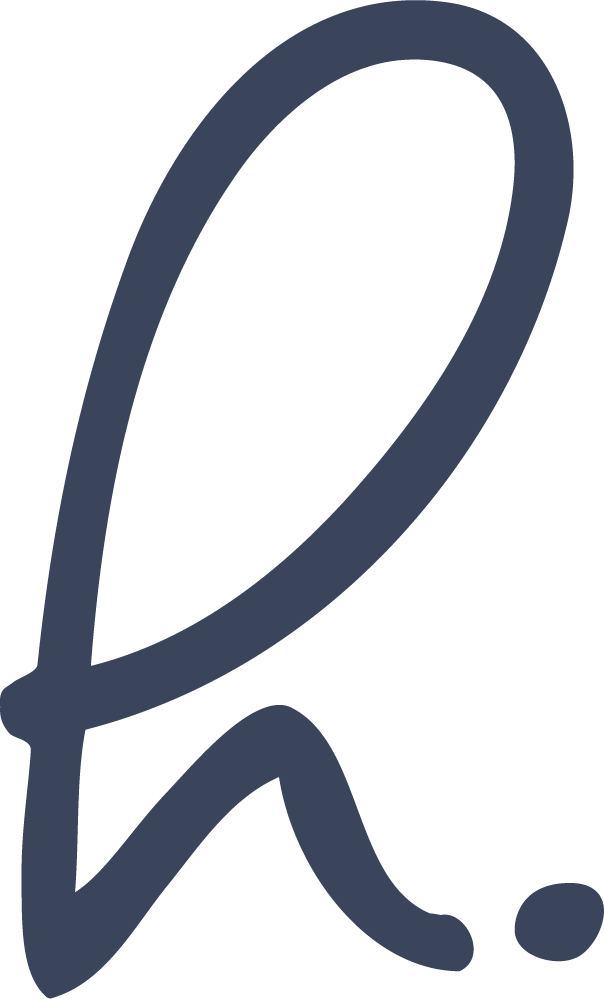Freedom Kolb
In honor of Breast Cancer Awareness Month, our theme for October is #CheckYourself. We hope to amplify the voices of survivors, share resources in our community and highlight the importance of monitoring breast health. This week, we are featuring Freedom Kolb, a servant leader, community organizer and champion of women, children and families and equity and inclusion in Central Indiana.
Freedom has dedicated more than 22 years of service to the philanthropic sector, where she rallies support for high-impact, community causes. Currently CEO of The Milk Bank, she has served as CEO for Big Brothers Big Sisters of Southern Arizona, Manager of Agency Services for United Way of Central Indiana, and Clinical Director of the Southern Arizona Children’s Advocacy Center. She is a trainer and consultant for non-profit agencies looking to expand their capacity in strategic planning, board development, fund development, inclusion and change management. She has secured and administered funds from multiple federal agencies and private grants. Most recently, Freedom has dedicated time to Council on Race Equity with the City of Fishers and the Opportunity, Equity, and Inclusion Committee with the Hamilton County Community Foundation. In 2018, she was recognized as a Hamilton Southeastern Schools One for All Equity Champion; in 2019, she was awarded the Pillar of the Community by the Hamilton County Community Foundation.
Freedom’s work at The Milk Bank is driven by its mission: to save infant lives and improve health outcomes by providing access to safe human milk. Freedom shared that human breast milk provides critical nutrition to infants, especially to those born prematurely or with adverse health conditions. Unfortunately, almost 70% of mothers who have infants in the NICU are initially unable to produce enough milk. “Access to milk safely provided from The Milk Bank gives all those born too small, too sick or too soon the best chance to survive and thrive!” Freedom said.
Though increasing access to lifesaving infant nutrition might seem uncontroversial, Freedom has overcome both misconceptions and challenges throughout her time at The Milk Bank. While some see human milk as simply a nutritional choice, Freedom has worked to educate on how significantly it combats infant mortality. “In some situations, we can increase survival up to 77%,” she shared. COVID-19 and resulting supply-chain issues also posed challenges to the milk bank industry, as well as the recent formula shortage. “Demand for milk has continued to soar,” Freedom said. “Approximately 38% of the American public is eligible to donate blood, while less than 1% is able to donate milk. The Milk Bank requires at least 100 new donors each month in order to keep up with need.”
Despite the obstacles, Freedom is inspired by the diverse needs and challenges of operating a milk bank. “It is a brilliant (and sometimes exhausting) mix of community service, science, business, and philanthropy,” she said. The faces and stories she encounters as part of her work motivate her, recalling "the sweet messages from moms, the before and after photos of families, and the chubby giggles of healthy or recovering babies.” She emphasized, "We have the privilege of helping families stay whole and celebrate more first birthdays.”
Freedom’s passion for promoting women’s health equity is beautifully demonstrated in The Milk Bank’s range of services accessible for parents impacted by breast cancer. “Breast cancer and its treatments - including chemotherapy, radiation, or mastectomy - may impact parents’ ability to breastfeed or express milk for their infants,” Freedom noted. In some situations, The Milk Bank can step in to provide safe, pasteurized donor human milk for infants in need. Alternatively, the Milk Bank can provide expert and free lactation support so parents can meet their own human milk and infant health goals.
The Milk Bank relies on human milk donation to perform its lifesaving work. Through 71 donation drop off sites across three states, donors can complete the process as easily as if they were donating blood. Freedom noted, “We know not everyone has the superpower to donate milk. But everyone does have the ability to save infant lives. There is a role for everyone at The Milk Bank!”
To learn more about The Milk Bank, visit their website or follow them on Facebook, Instagram, Twitter and LinkedIn. Support their mission by volunteering, working in a formal role in the organization or donating.

